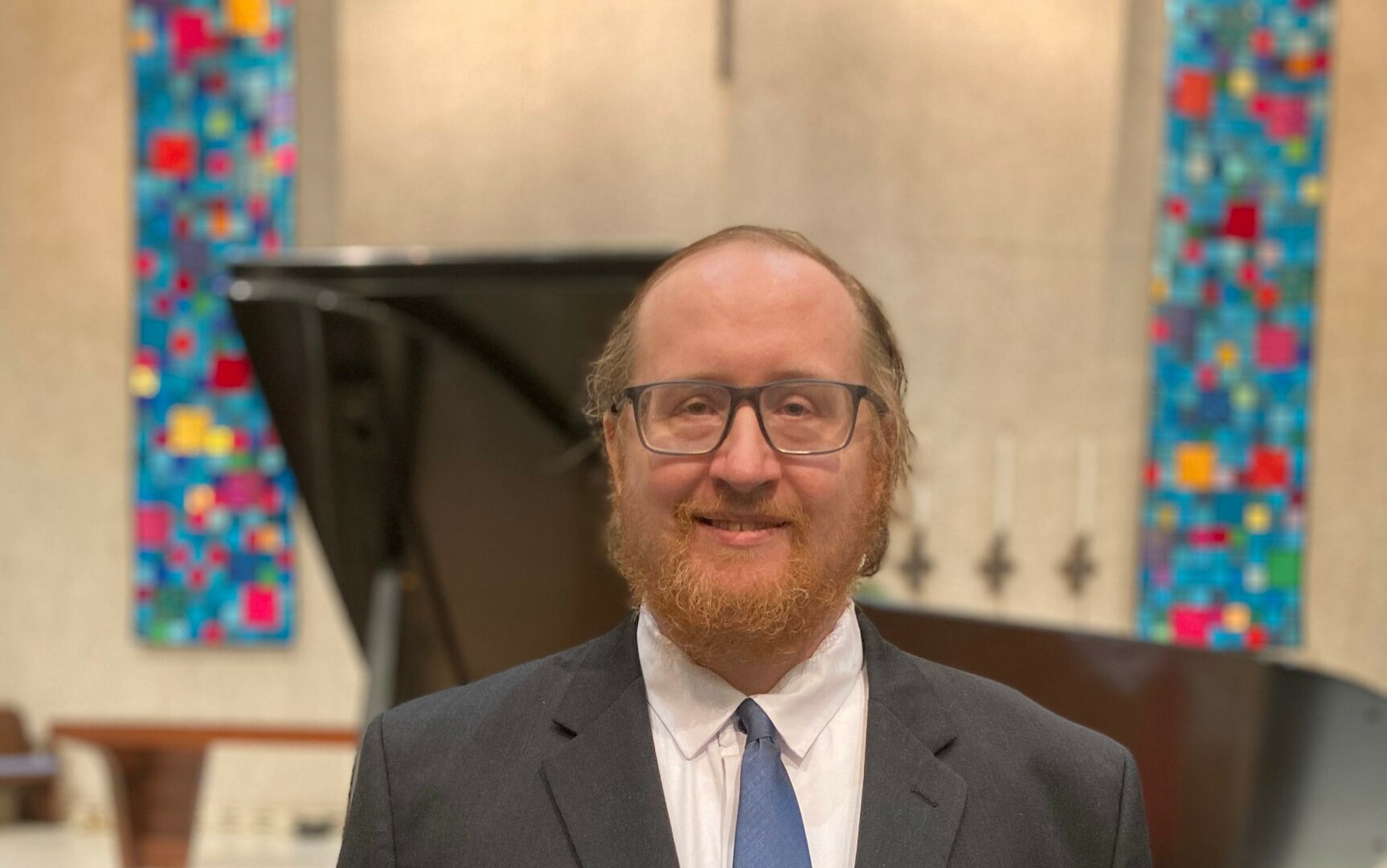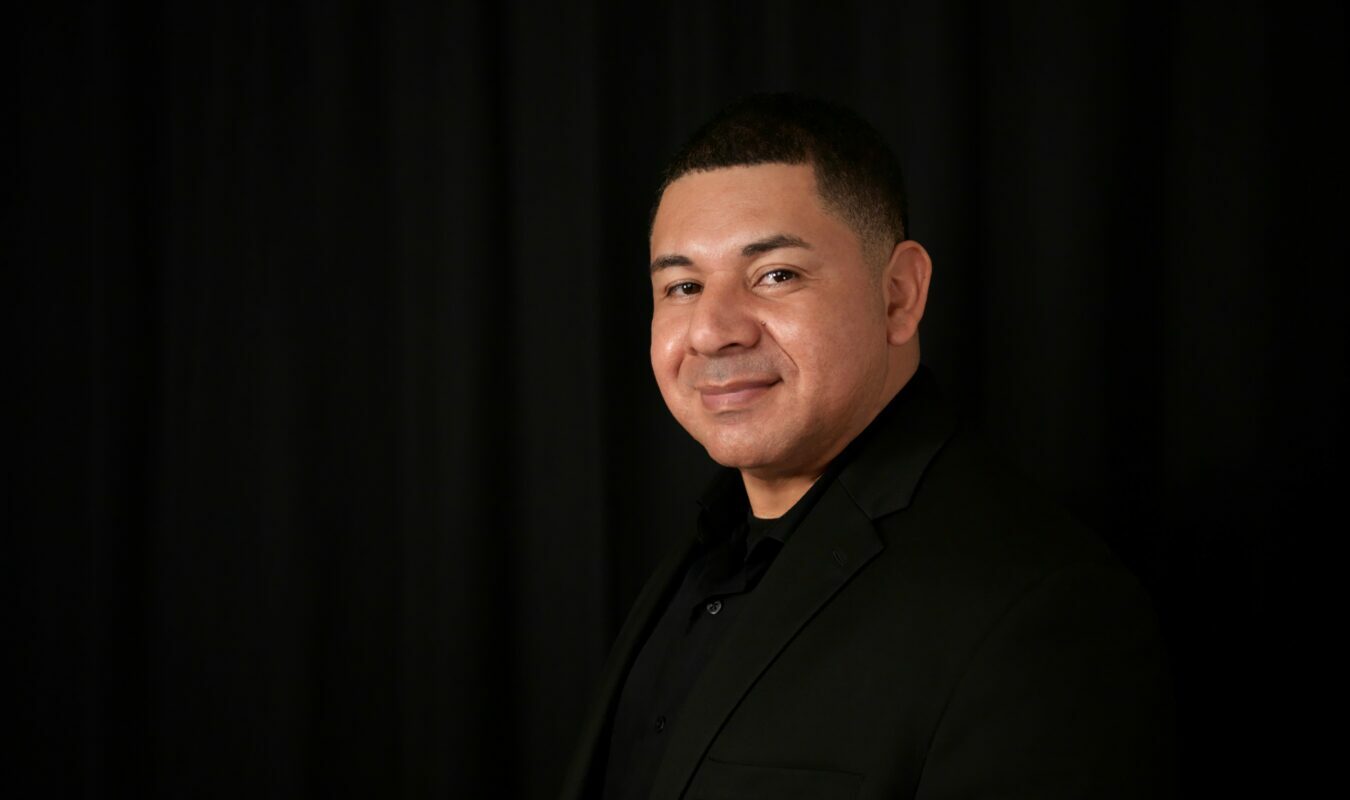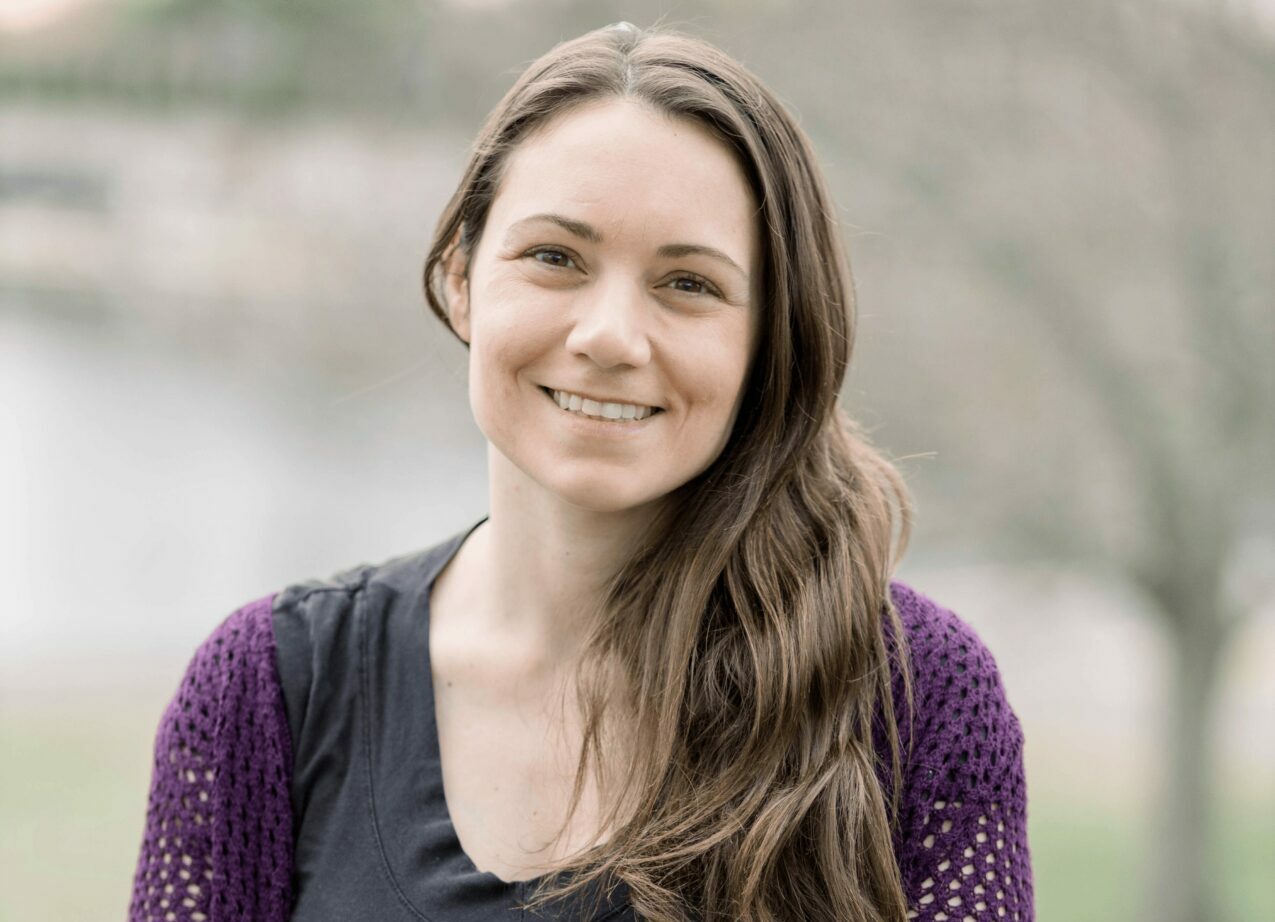We’re excited to introduce you to the always interesting and insightful Robert Gross. We hope you’ll enjoy our conversation with Robert below.
Robert, we’re thrilled to have you sharing your thoughts and lessons with our community. So, for folks who are at a stage in their life or career where they are trying to be more resilient, can you share where you get your resilience from?
Over the years, I’ve learned to apply various cognitive techniques to situations that entail rejection. Instead of catastrophizing and going directly to the broad generalization of “I’m no good!” I instead interrogate each rejection. First, do they have a point? Was the work I submitted flawed in some way that could stand improvement, and is this an opportunity to learn something? Second, is there a compatibility issue? Perhaps the people in question are not looking for something like my work, and that’s okay. Third, was there some other complicating component beyond my control (e.g., was there politics involved?)? If so, there’s nothing I can do but dust myself off and move on.
It’s a matter of interrogating the evidence with every rejection, and having the discipline to do this each time. Rejection is an inevitable part of life for a composer, or any artistic person, and one must be ready to greet rejection openly but accurately.
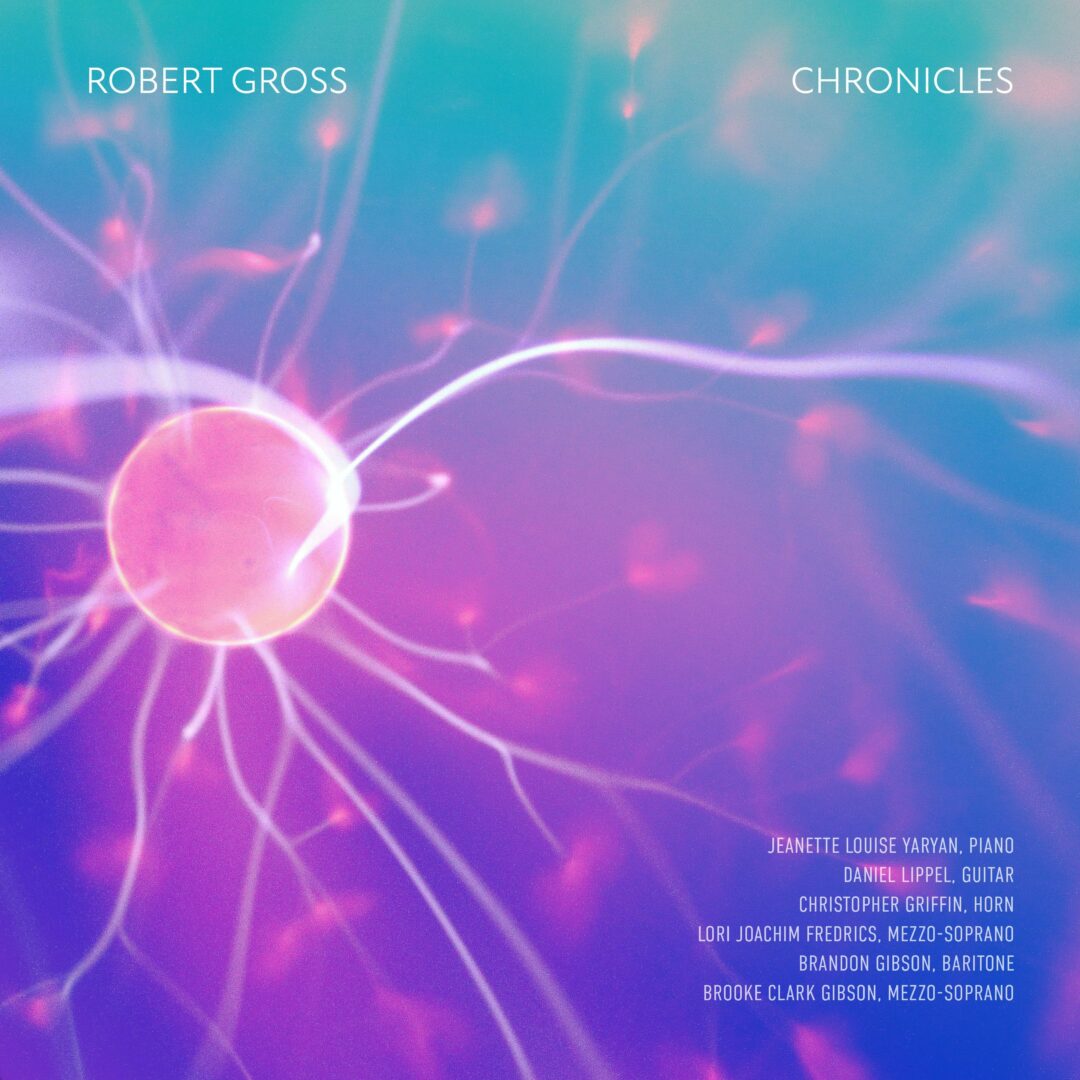
Great, so let’s take a few minutes and cover your story. What should folks know about you and what you do?
I am a composer-music therapist-music theorist hyphenate. To me, these three activities are inseparable and one informs the other. On the composition front, I have a Doctor of Musical Arts from University of Southern California; on the music therapy front, I am board-certified and studied music therapy at Texas Woman’s University (which is actually coed); and on the music theory front I have been published in several peer-reviewed journals and have given many presentations at theory conferences.
Studying theory has helped me develop good technique as a composer. Studying music therapy, however, has helped me learn the psychology of the musical mind and has also guided me as a composer and enhanced my compositions greatly. Composing has also made me a better music therapist, in that I’m able to improvise on the spot and make up songs quickly that will be of service to the clients. Composing has also given me far greater insight into compositions that I analyze as a music theorist.
I am particularly interested in working with disabled musicians. I am a longtime advocate for disabled people, which is one of my motivations for going into music therapy. I have worked with the late Ken Downey, a blind composer who also had Ménière’s disease (together we were an electroacoustic music duo called Blind Labyrinth); Dr. David Nabb, a saxophonist who plays saxophone with one hand on a specially adapted instrument; Daniel Stover, who plays saxophone with one hand on a similar instrument; and Abilities Dance Boston, a dance troupe comprised of disabled and non disabled dancers.
Concertos are my favorite form to write. For Dr. Nabb I wrote a saxophone concerto; currently I am working on a concerto for Drum Set and Wind Ensemble for Daniel Kesterke, a drummer who is also head of the band program at Siena Heights University in Michigan. My Concerto for Saxophone and Nine Instruments also appeared on my latest commercial release, an album called Penumbra. The solo part was performed by an amazing saxophonist named Drew Hosler.
As a music theorist, I am excited to bring to light the works of composers I feel deserve wider attention. I recently finished an analysis of music by the Canadian composer Vincent Ho, and I’m working on a volume about disabled composers with my wife, a musicologist named Rebecca Morris. So far I’ve written analyses of music by disabled composers such as Lynn Gumert, Gaelynn Lea, Molly Joyce, and Evan Ware.
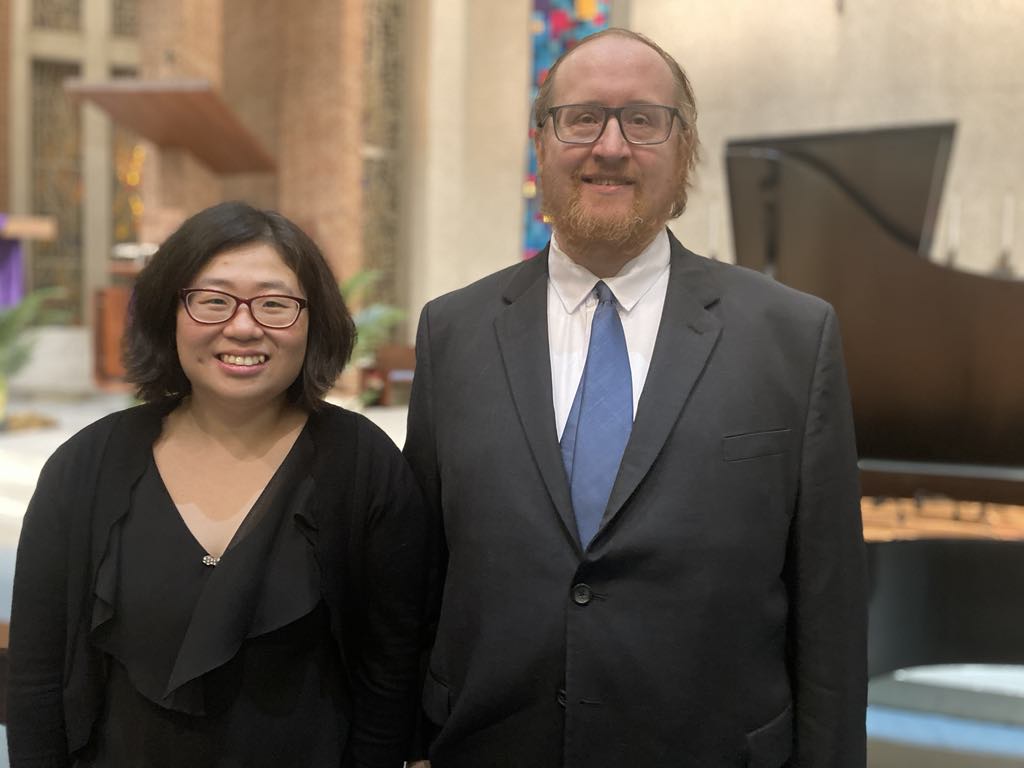
Looking back, what do you think were the three qualities, skills, or areas of knowledge that were most impactful in your journey? What advice do you have for folks who are early in their journey in terms of how they can best develop or improve on these?
The first area of knowledge that I would have to cite is cognitive behavioral therapy, which has taught me how to handle rejection gracefully. As a music therapy clinician I am aware of some of the limitations and problematic areas of behaviorism, but for me I learned how to interrogate evidence when encountering any rejection. Is there an opportunity to learn and grow from the rejection? Is it a matter of “fit” (which is no reflection on one’s work)? Were there external factors? So my first piece of advice would be to develop a consistent approach to dealing with rejection, because it’s inevitable in the arts.
The second quality I would point to is a willingness to experiment early on. When I was an undergraduate, many of my fellow classmates were well ahead of me in having had their compositional techniques well intact. That was not the case for me. But undaunted, I proceeded to experiment with every technique and approach that was presented to me. And I often failed, quite publicly! I solidified my compositional technique in grad school, retaining the techniques that resonated with me most and putting others back in the metaphorical drawer. I think this approach held me in good stead in retrospect. If an undergraduate is too attached to a particular set of techniques, they will find it much harder to break loose into other areas when they are older, which is possibly necessary as times and fashions change in concert music. So this translates to my second piece of advice: experiment! And develop a thick skin for when those experiments don’t quite go as well as one hopes.
Third is flexibility. It is often said that the journey is not a straight line, but a rather circuitous route. I would advise anyone early on to be ready for that. Fifteen years ago I had no idea that I would be involved in music therapy. However, music therapy has allowed me an alternative to academia which became necessary when I decided to take a leave from academia for awhile.
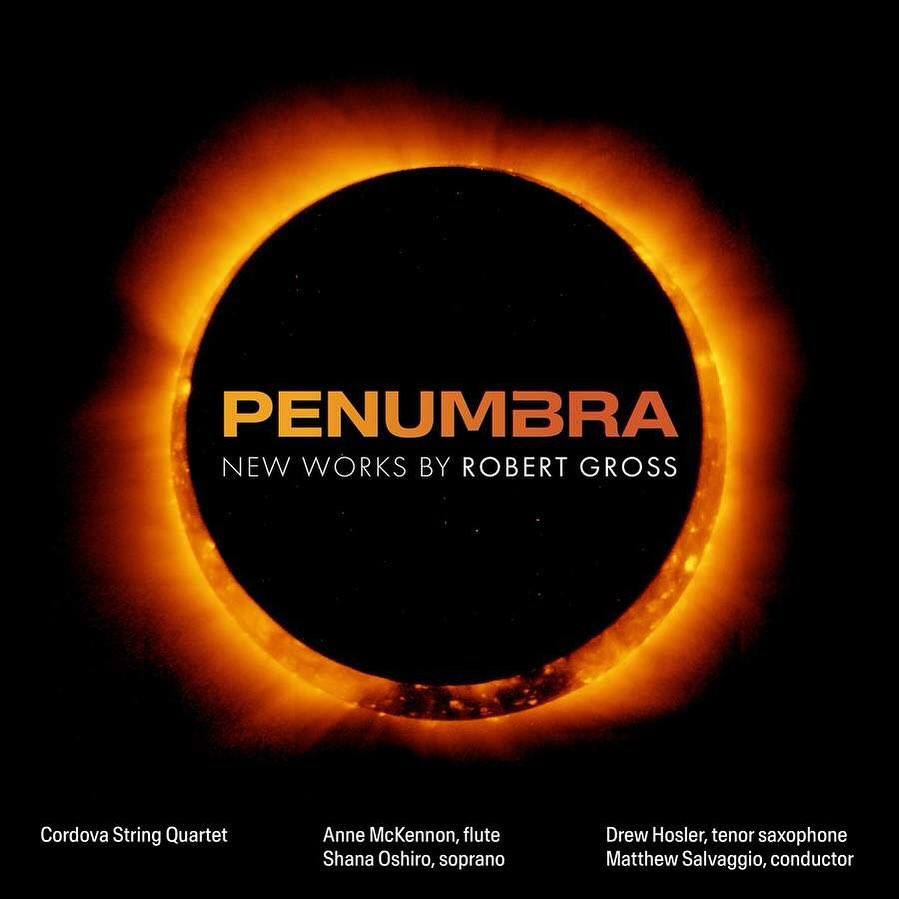
Okay, so before we go we always love to ask if you are looking for folks to partner or collaborate with?
I am always looking to collaborate. I love to collaborate with writers, poets, playwrights, dancers, and of course other musicians. I am particularly looking to collaborate with orchestra conductors; I have an extensive base of orchestral writing that I think would be of interest. It can be found here:
Anyone interested in collaborating should feel free to e-mail me at [email protected].
Contact Info:
- Website: https://robertgrosscomposer.com
- Soundcloud: https://soundcloud.com/obertross
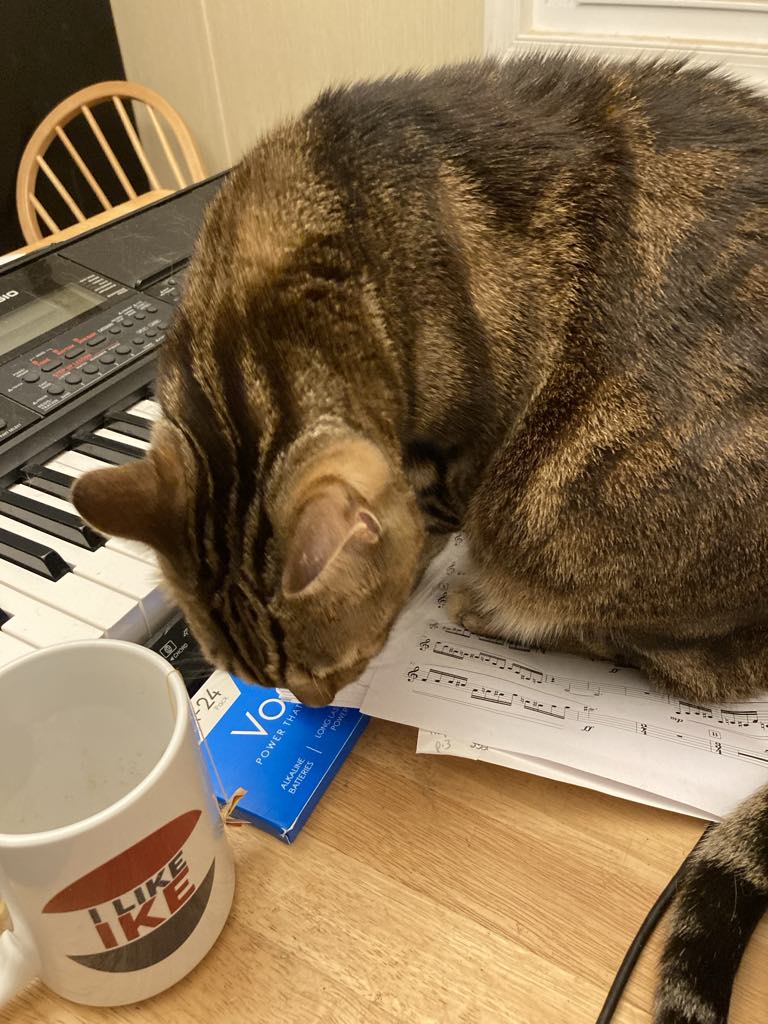
Image Credits
New Focus Recordings (Chronicles and Penumbra album covers)
Rebecca Morris (Photo of Koeun Grace Lee and Robert Gross, and Robert Gross main picture)
Robert Gross (Photo of Simba the Cat on top of Robert Gross’s workstation)
so if you or someone you know deserves recognition please let us know here.

